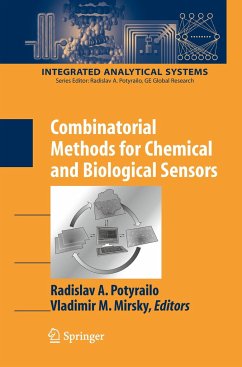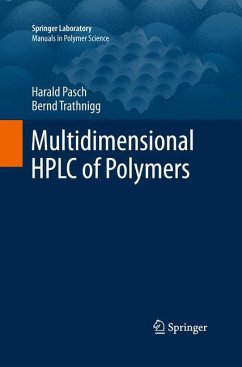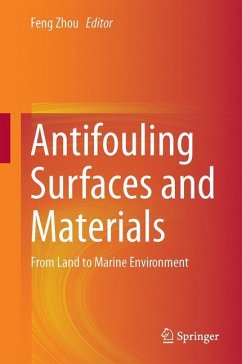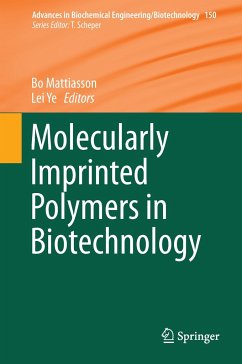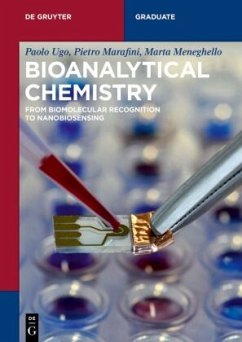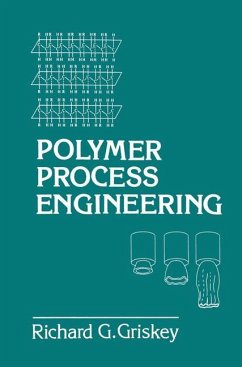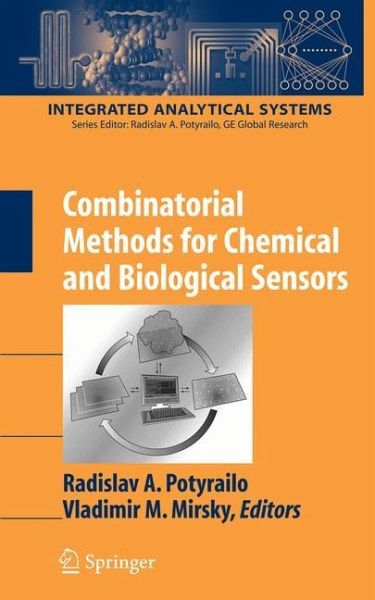
Combinatorial Methods for Chemical and Biological Sensors

PAYBACK Punkte
38 °P sammeln!
Chemical sensors are in high demand for applications as varied as water pollution detection, medical diagnostics, and battlefield air analysis. Designing the next generation of sensors requires an interdisciplinary approach. The book provides a critical analysis of new opportunities in sensor materials research that have been opened up with the use of combinatorial and high-throughput technologies, with emphasis on experimental techniques. For a view of component selection with a more computational perspective, readers may refer to the complementary volume of Integrated Analytical Systems edit...
Chemical sensors are in high demand for applications as varied as water pollution detection, medical diagnostics, and battlefield air analysis. Designing the next generation of sensors requires an interdisciplinary approach. The book provides a critical analysis of new opportunities in sensor materials research that have been opened up with the use of combinatorial and high-throughput technologies, with emphasis on experimental techniques. For a view of component selection with a more computational perspective, readers may refer to the complementary volume of Integrated Analytical Systems edited by M. Ryan et al., entitled "Computational Methods for Sensor Material Selection".




